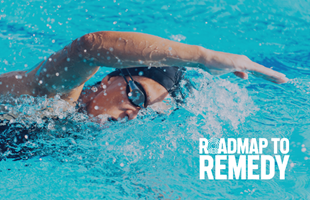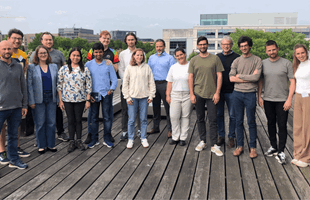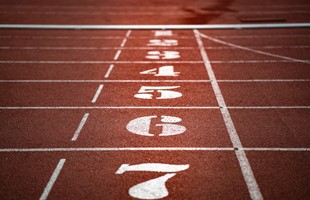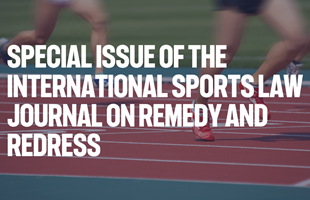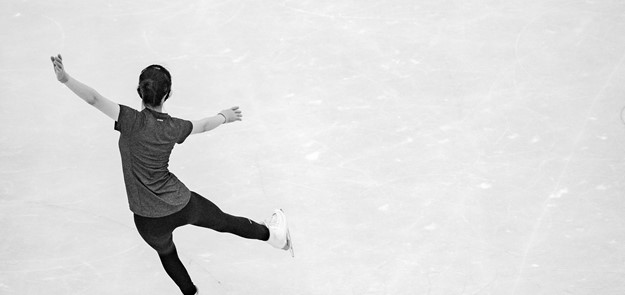
CSHR and the Asser Institute lead groundbreaking Masterclass
Authors -
Centre for Sport and Human Rights
CSHR and the Asser Institute lead groundbreaking training for investigating human rights abuse in sports
In January, the Centre for Sport and Human Rights collaborated with the T.M.C. Asser Institute in The Hague for a Masterclass on ‘Responding to human rights abuses in sport: safe, effective and appropriate investigation’. The training was based on the Centre’s ongoing research into best practice of investigations into cases of physical, emotional, and sexual abuse in sports. The study centres the experiences of victims, survivors, and whistleblowers of abuse in sports and mainstreams a trauma-informed approach. It is part of a larger study that seeks to co-create remedy solutions with affected persons.
The two day training, hosted at FIFPRO headquarters in the Netherlands, helped participants better understand the perspectives of affected persons and how their safe engagement is critical to effective evidence gathering. The Masterclass’ solutions-focussed approach offered practical tips and advice on how to prepare for and effectively conduct investigations. The central aim of the Masterclass was to ensure participants better understood how to act when an allegation is made and how to set up an investigation in practical steps and to provide action points that can be shared with colleagues.
The training was broken down into:
- Theoretical sessions detailing key issues facing affected persons as well as the importance of understanding and tackling these issues for investigations to be safe, effective and appropriate.
- Conversations with whistleblowers, survivors and athletes’ representatives in recent abuse cases to provide practical insights and real-life examples.
- Group exercises amongst the participants to understand how to embed best practice in their day-to-day operations.
A total of 16 participants joined the training from different fields and backgrounds, from within the sports ecosystem. Participants included independent sports lawyers, representatives from national and international sport bodies, sports club executives, former professional athletes, player union representatives and individuals working to protect athlete welfare and human rights across a range of different sports.
The expertise present in the room led to high-quality discussions and collaborative outputs. Central to these discussions were the following key questions:
- How can we ensure that affected persons can engage in a safe, effective and appropriate way in investigations?
- What are the challenges that sport bodies and other entities tasked with investigating abuse in sports face and how can we overcome them?
- What proactive steps need to be taken to make sure that when an allegation arises, the procedures and policies in place allow for a safe, effective and appropriate investigation?
These and other questions will be shared in some of the upcoming outputs the Centre is working on based on this training and the ongoing study on good practice investigations into abuse cases in sport.
